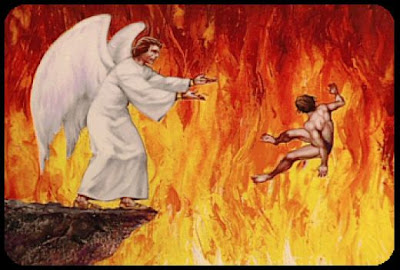
When things in my life seemed to go differently than I wanted them to, when they would go what I call “all wrong” I would make endless excuses to myself why I fell short, and also why everyone else was to blame. It was all other peoples fault, and well for me, a 101 excuses. Then one day I realized I created my own reality, and I could blame myself or give my self-credit, but I was the creator. Also I realized I had to stop looking at others. Stop blaming them and judging them, If anything I should make excuses for them, for they might not be on the same path in life as I. They might not have the same truth as I. They could have endless problems that I am not aware of. So I decided stop blaming others, if there is blame take it myself. If there are excuses to me made, well make those for the other folks!
Make excuses for others, save blame for yourself…
..danny dummitt

